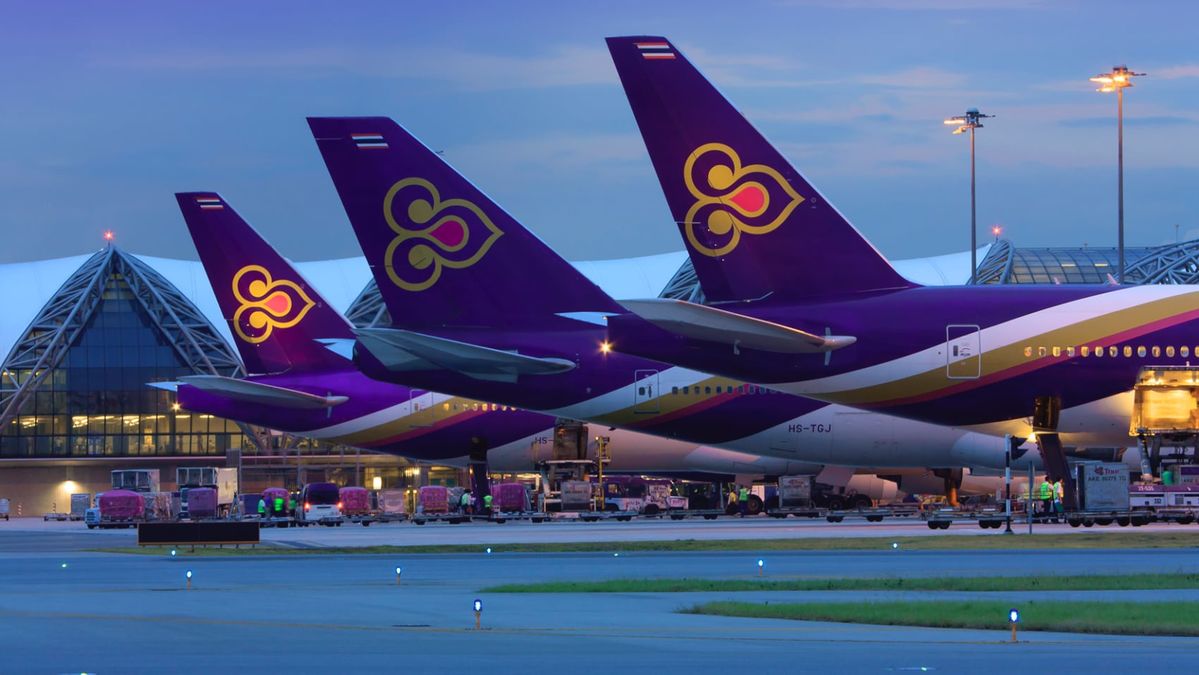
Many countries have closed their international borders, and many impose lots of restrictions that makes travel almost impossible. Airlines currently do not need an extensive fleet of wide-body aircraft to carry passengers across oceans and continents. In fact, the majority of the airlines have temporarily parked their biggest planes in the desert, others are making more drastic long-term plans.
The latest fleet downsizing action comes from the national carrier of Thailand, which just announced a major fleet restructuring, according to a report by local newspaper The Nation.
Thai Airways will retire all its Airbus A380s and A330s, as well as its iconic B747s, leaving in operation a more modern, widebody, fuel-efficient jets such as the Airbus A350 and Boeing 787, beside the older B777 which in terms of fuel efficiency are better than the B747 and A330 and which are currently listed for sale.
If I have made the count correctly on the Thai Airways fleet page website, the fleet downsizing will consist in retiring a whooping 28 aircrafts out of the 80 widebody fleet.
Before the pandemic, Thai had one of the most varied long-haul fleets in the sky, with a dash of the most popular Airbus and Boeing jets. A bit too varied in my opinion, which is not financially healthy long-term. Once the fleet restructures takes place a more streamlined fleet, will be less of a financial concern.
Thai is not the only airline reducing its fleet due to the pandemic. Last year, below is a list of major airlines that have permanently retired part of their fleet.
The retirement of aircraft will push airlines to focus on more fuel-efficient widebody aircraft which no doubt will be the future of the aviation industry.